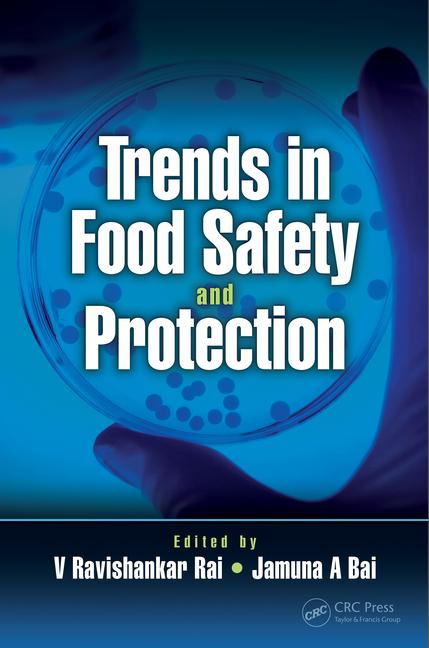New Research Links Foodborne E. Coli Infections to “Hundreds of Thousands” of UTIs in U.S.

Credit: Bergy59 via Pixabay
A new study suggests that Escherichia coli infection from contaminated meat products may be responsible for hundreds of thousands of urinary tract infections in the U.S. each year.
A team of scientists led by George Washington University (GWU) Milken Institute School of Public Health researchers have developed a new genomic approach for tracking the origins of E. coli infections. Using this method, the team estimated that between 480,000 and 640,000 UTIs in the United States each year may be caused by foodborne E. coli strains.
According to GWU, E. coli is the most common cause of UTIs, causing upwards of 85 percent of cases each year. Women are at greater risk of developing UTIs, which can range from simple bladder infections to life-threatening bloodstream infections. At present, only specific types of diarrhea-causing E. coli, such as E. coli O157:H7, are rigorously monitored by the U.S. Food and Drug Administration (FDA), but the new findings from GWU suggest that other strains may also pose serious health risks.
In the study, researchers collected raw chicken, turkey, and pork from major grocery store chains in Flagstaff, Arizona, and isolated E. coli from the meat samples. Simultaneously, researchers collected urine and blood E. coli isolates from patients hospitalized at the Flagstaff Medical Center for UTIs.
By analyzing the genomes of E. coli from meat and patients, the research team identified segments of E. coli DNA unique to strains that colonize food animals versus humans, then developed a new predictive model to differentiate E. coli from the two sources.
Previous work by the same team investigating a single sequence type of E. coli already linked contaminated meat to UTIs. In the present study, the team used their new predictive model to look at all E. coli sequence types and found that about 8 percent of E. coli UTIs in the Flagstaff area could be attributed to meat.
Scaling the data from Flagstaff to the U.S. population overall suggests that foodborne E. coli may cause hundreds of thousands of urinary tract infections across the U.S. every year, the researchers state.
The foodborne E. coli strains identified in the current study were not only associated with urinary tract infections, but were also capable of causing serious kidney and bloodstream infections. Left unchecked, E. coli bloodstream infections can be fatal.
The researchers suggest that producers and FDA attempt to improve monitoring potentially dangerous pathogens in food, especially in raw meat sold in grocery stores across the U.S.
Looking for a reprint of this article?
From high-res PDFs to custom plaques, order your copy today!








